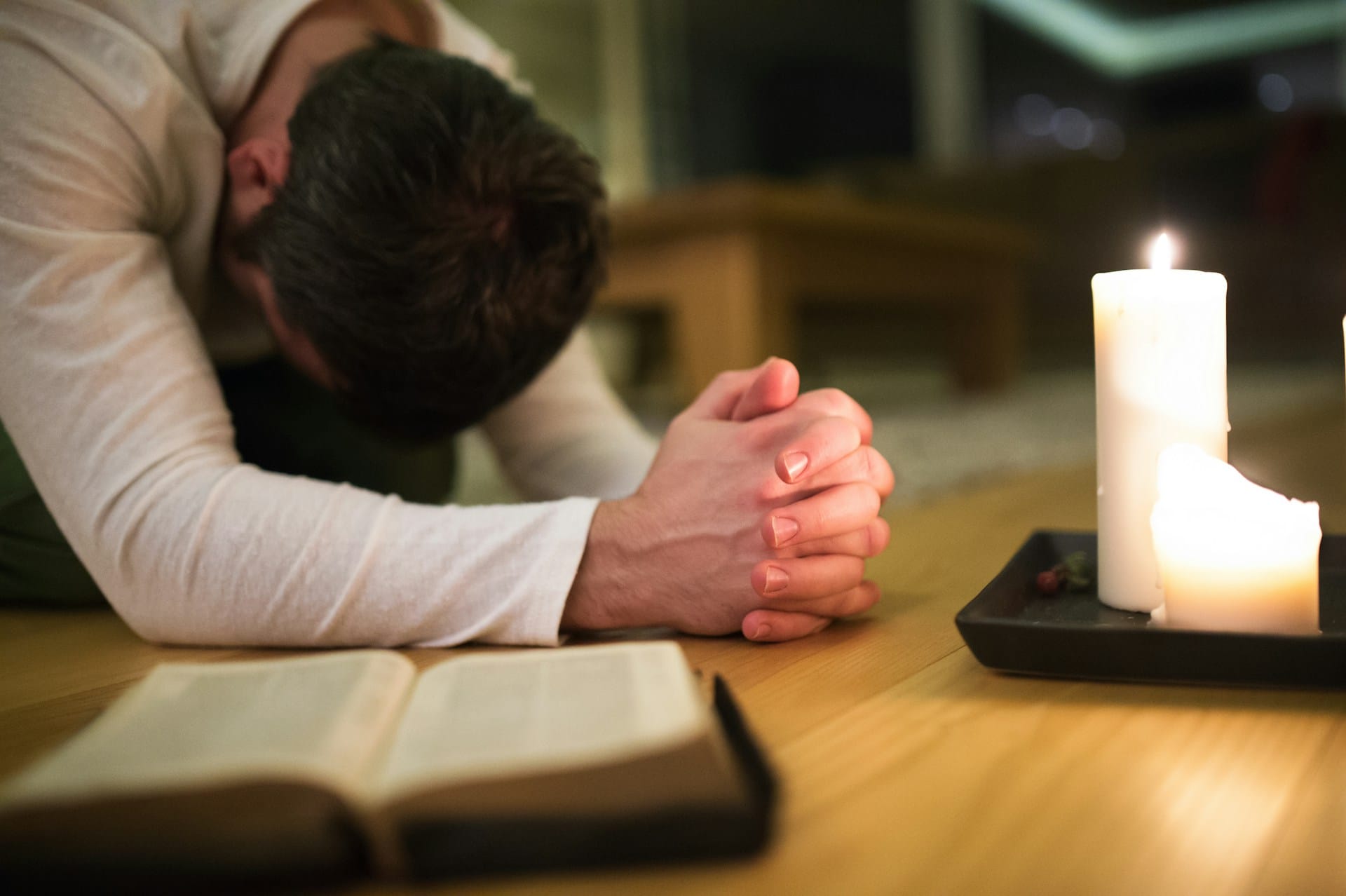 Often, when women are depicted in movies, TV shows, or other forms of media, they are shown as being in some form of rivalry with one another, usually for some sense of superiority over others or the attention of men. Even the mother-daughter relationship can become a site of struggle. It is rare to see female friendships portrayed in a favorable light. Rowlett Christian Counseling provides a space where women can explore their relationships, heal from conflict, and build strong, supportive connections rooted in mutual respect and God’s design for community.
Often, when women are depicted in movies, TV shows, or other forms of media, they are shown as being in some form of rivalry with one another, usually for some sense of superiority over others or the attention of men. Even the mother-daughter relationship can become a site of struggle. It is rare to see female friendships portrayed in a favorable light. Rowlett Christian Counseling provides a space where women can explore their relationships, heal from conflict, and build strong, supportive connections rooted in mutual respect and God’s design for community.
These portrayals skew one’s perceptions of women, despite the fact that they may sometimes reflect reality. Women, as much as men, are subject to the brokenness of this world and the many unhealthy behaviors that characterize human interactions. Thankfully, alongside these toxic representations of women are more wholesome depictions of relationships among women, and these also reflect reality.
To be sure, our world is filled with beautiful things, but it also has hard edges and ugliness in it. This relates to our relationships, the various situations we encounter, and our experiences.
Understanding and commending the value of female friendships can help women pursue not only a healthier self-understanding but healthier relationships. While toxic behavior is often promoted by being given time on our airwaves and newsfeeds, good female friendships need to be celebrated and given the spotlight.
Everyone needs friends.
 Doing life solo is hard. The rugged individual needs community and a sense of belonging to function well. This is true when things are going well, and it is all the all the more true in difficult times. In seasons of hardship, having a network of support makes an enormous difference in how one copes.
Doing life solo is hard. The rugged individual needs community and a sense of belonging to function well. This is true when things are going well, and it is all the all the more true in difficult times. In seasons of hardship, having a network of support makes an enormous difference in how one copes.
The God who created the universe and everything in it is deeply relational; one passage of Scripture says, “God is love” (1 John 4:16, NIV). God made us in His image (Genesis 1: 26-27), so it’s not surprising that we are deeply social creatures that thrive in healthy relationships. That is also why we flounder when our relationships are unhealthy or are filled with conflict.
In his book The Four Loves, C.S. Lewis wrote this about friendship: “Friendship is unnecessary, like philosophy, like art… It has no survival value; rather it is one of those things which give value to survival.”
Our lives are deeply enriched by our friendships; they add color and embroidery to transform mere survival into a flourishing existence. Everyone needs friends, those companions along the way with whom you can share your joys and seasons of hardship.
What is a good friendship?
 Not every friendship is a healthy one or is worthy of being labeled “good.” Some friendships can rightly be considered toxic because they either bring out the worst in you or because the dynamic in the relationship undermines the well-being of those in it.
Not every friendship is a healthy one or is worthy of being labeled “good.” Some friendships can rightly be considered toxic because they either bring out the worst in you or because the dynamic in the relationship undermines the well-being of those in it.
A friendship in which emotional and verbal abuse abound, for example, would be toxic. An imbalanced relationship that doesn’t have a healthy amount of give and take, where the focus is on one person and their needs also isn’t healthy.
There are lots of ways a relationship can go wrong, so it’s often helpful to consider what a relationship should look like so you can tell when things start to go off the rails. A good friendship is a place to be yourself without pretense, where you feel safe showing the real you. It’s a place of safety and nurture, where you can explore your gifts and interests among peers. Good friends see you for who you are, they enjoy you and they embrace your presence.
Safety in a relationship doesn’t mean you don’t grow; in a good friendship, you and your friends can and do call each other out when it’s necessary. Accountability is a key part of what it means for people to love you; love “does not rejoice at wrongdoing, but rejoices with the truth” (1 Corinthians 13: 6). Accountability may be a bit uncomfortable, but it is practiced in a good friendship.
A good friendship also provides you with a support structure and sounding board that helps you navigate life. By ourselves we are limited, but the gifts, wisdom, and experiences of others can enrich our lives immensely. This process is a two-way street; just as others become involved in your life and speak wisdom and truth to you, you do the same for them.
The value of good female friendships.
Female friendships often get a bad rap because of pervasive and influential tropes. You shouldn’t shy away from them on that account but open yourself up to what could be an amazing adventure.
Like all relationships, female friendships require wisdom to navigate, and some aren’t healthy. That shouldn’t undermine your pursuit of great female friendships. Good friendships between women are helpful for various reasons, including the following:
Growth.
They nurture the virtues while helping you curb your vices.
Support.
These relationships sustain you and provide crucial support in times of hardship such as a breakup, loss of a loved one, job loss, moving house, celebrating the birth of a child, or a shoulder to cry on if you’re feeling overwhelmed.
Empathy.
They are spaces of shared experiences. They are a source of encouragement, wisdom, and empathy. Spending time with other women provides space to connect with people who understand you and your world. There are things women understand innately about womanhood that your husband, boyfriend, brother, father, or male friend struggles to appreciate.
Christian counseling for female friendships.
Perhaps you struggle to form friendships, or you’ve encountered hurt in those friendships and you struggle to open yourself up again. The benefits of female friendships are incalculable. Reach out and speak with a counselor at Rowlett Christian Counseling in Texas who can help you grow your skills to connect with others, or to unpack your experiences so you can move toward healing.
“Sisters”, Courtesy of Omar Lopez, Unsplash.com, CC0 License; “Sitting by the Lake”, Courtesy of Roberto Nickson, Unsplash.com, CC0 License; “Watching the Sunset”, Courtesy of Briana Tozour, Unsplash.com, CC0 License
- Kate Motaung: Curator
Kate Motaung is the Senior Writer, Editor, and Content Manager for a multi-state company. She is the author of several books including Letters to Grief, 101 Prayers for Comfort in Difficult Times, and A Place to Land: A Story of Longing and Belonging...
DISCLAIMER: THIS ARTICLE DOES NOT PROVIDE MEDICAL ADVICE
Articles are intended for informational purposes only and do not constitute medical advice; the content is not intended to be a substitute for professional medical advice, diagnosis, or treatment. All opinions expressed by authors and quoted sources are their own and do not necessarily reflect the opinions of the editors, publishers or editorial boards of Stone Oak Christian Counseling. This website does not recommend or endorse any specific tests, physicians, products, procedures, opinions, or other information that may be mentioned on the Site. Reliance on any information provided by this website is solely at your own risk.





